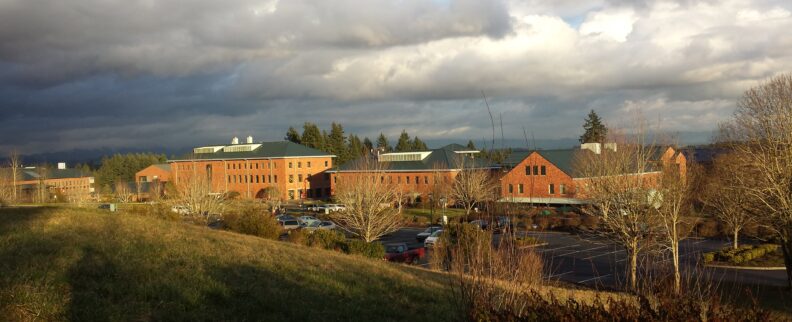
About the Dams as Adaptive Management Systems (DAMS) Research Project
Under what conditions are individuals, groups, and institutions likely to follow rules “to the letter” versus exercising discretion or making new rules? Our interdisciplinary, WSU-Vancouver-led team of faculty from Washington State University’s School of the Environment, School of Economic Sciences, and Biosystems Engineering Department is using $1.6 million in grant funding from the National Science Foundation’s Dynamics of Integrated Socio-Environmental Systems (DISES) program to address this question.
In the realm of science-based environmental management, it is useful to have flexibility to adapt to changing conditions, but it is also good to have clear rules as a basis for making investments toward long-term goals. Climate and societal change are increasingly volatile, making it nearly impossible to envision every possible scenario. What should be done when the unexpected happens? Or, how often should rules be changed as our scientific understanding of environmental systems advances? Breaking the rules allows for flexibility to adapt to new conditions and knowledge. However, many decisions are made assuming that rules will be followed, so there is a cost to disregarding them.
The DAMS project will use reservoir water management as a test-case to understand how the environment and society interact to shape rule-following, rule-bending and rule-reformulation behaviors, and how, in-turn, these behaviors affect reservoir greenhouse gas emissions, water quality, harmful algal blooms, and aquatic invasive species. This test case also provides an opportunity to gain deeper understanding of the nature of socio-environmental integration generally. In pursuing these goals, this project will generate fundamental new knowledge about how environmental conditions affect environmental management, and, in-turn, how resource management decisions affect environmental conditions. In addition, the project team will generate and communicate new, management-relevant understanding of interactions between dam and reservoir management, river function, and feedbacks to water managers, as well as to students who will eventually become experts, stakeholders, and decision makers, thereby enhancing society’s potential to sustainably manage rivers specifically, and natural resources more generally.
The Team
The DAMS team is made up of researchers looking to study interactions between reservoir management and ecosystem function. We’re currently looking for prospective students, both graduate and undergraduate, to join our team. If you’re interested in learning more about greenhouse gas emissions, water quality, harmful algal blooms, and/or aquatic invasive species, check out the prospective students page, or contact us! Additionally, take a look at this related opportunity for Graduate Funding Support via a National Research Traineeship focused on Rivers, Watersheds, and Communities at WSU.





